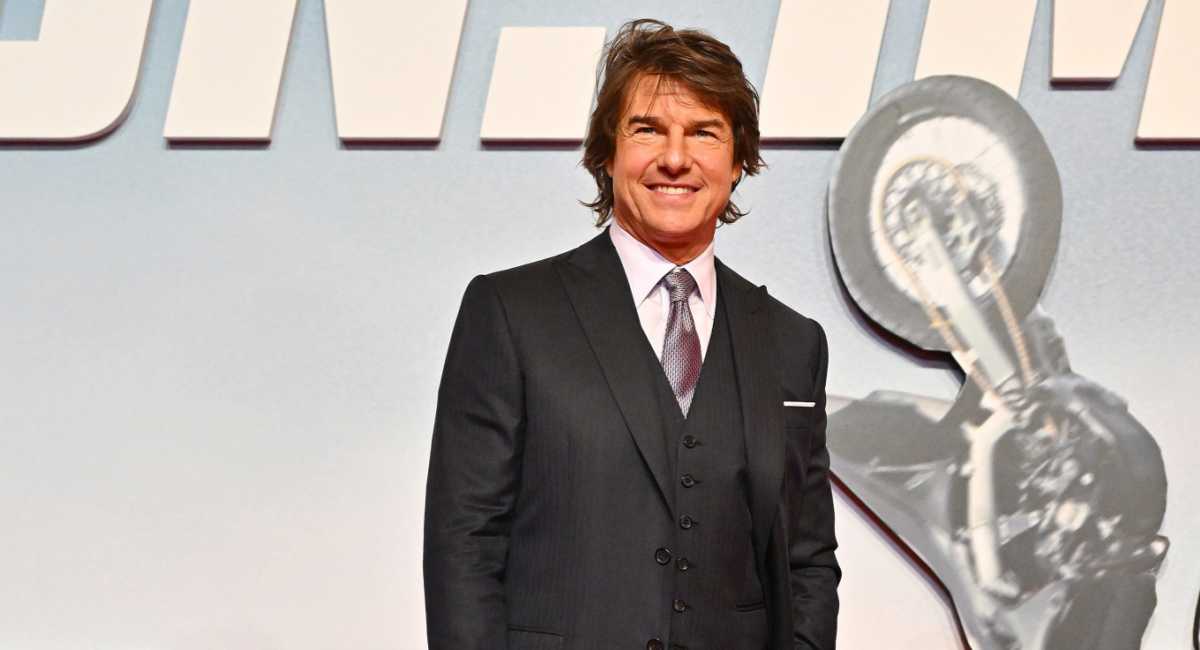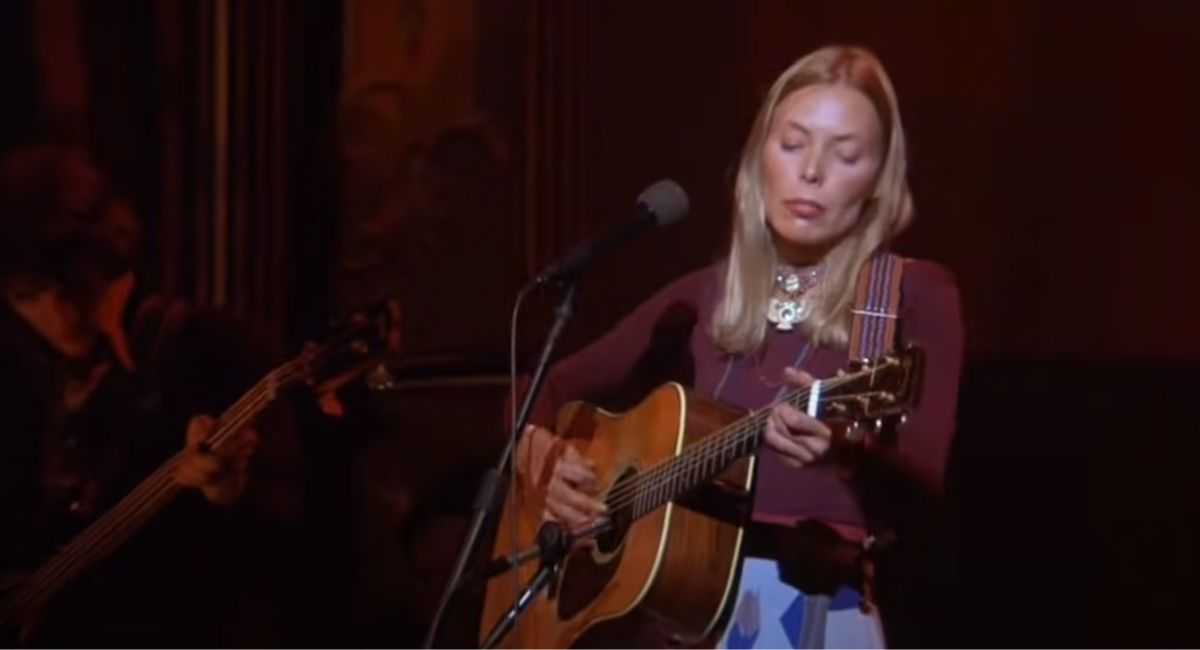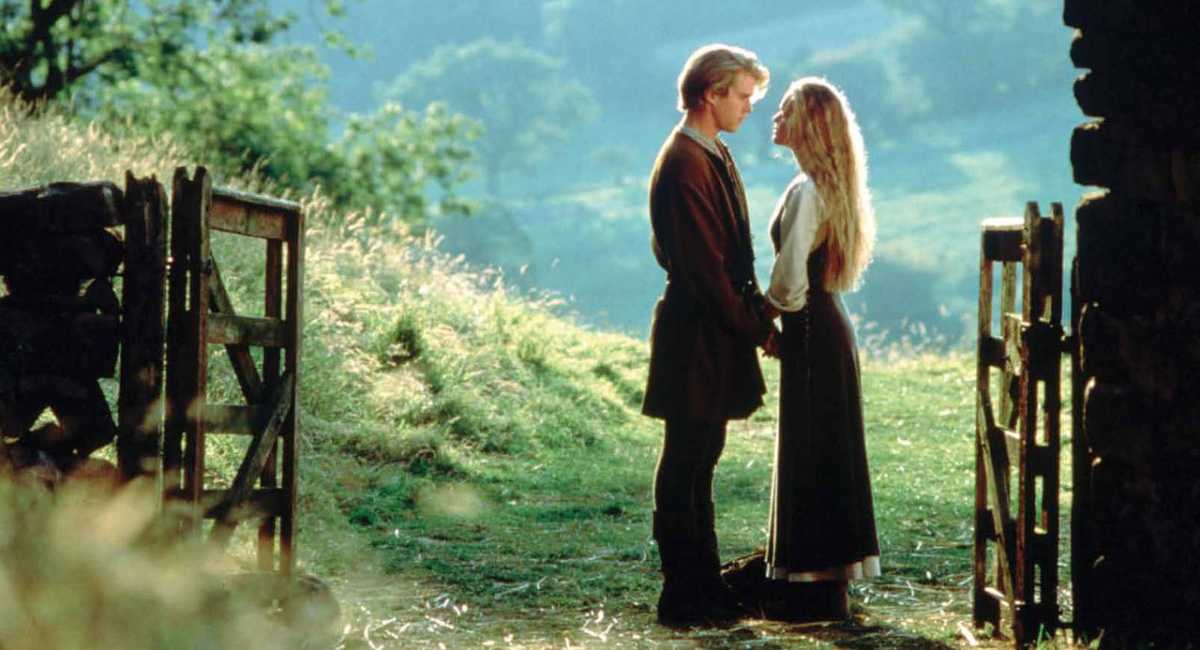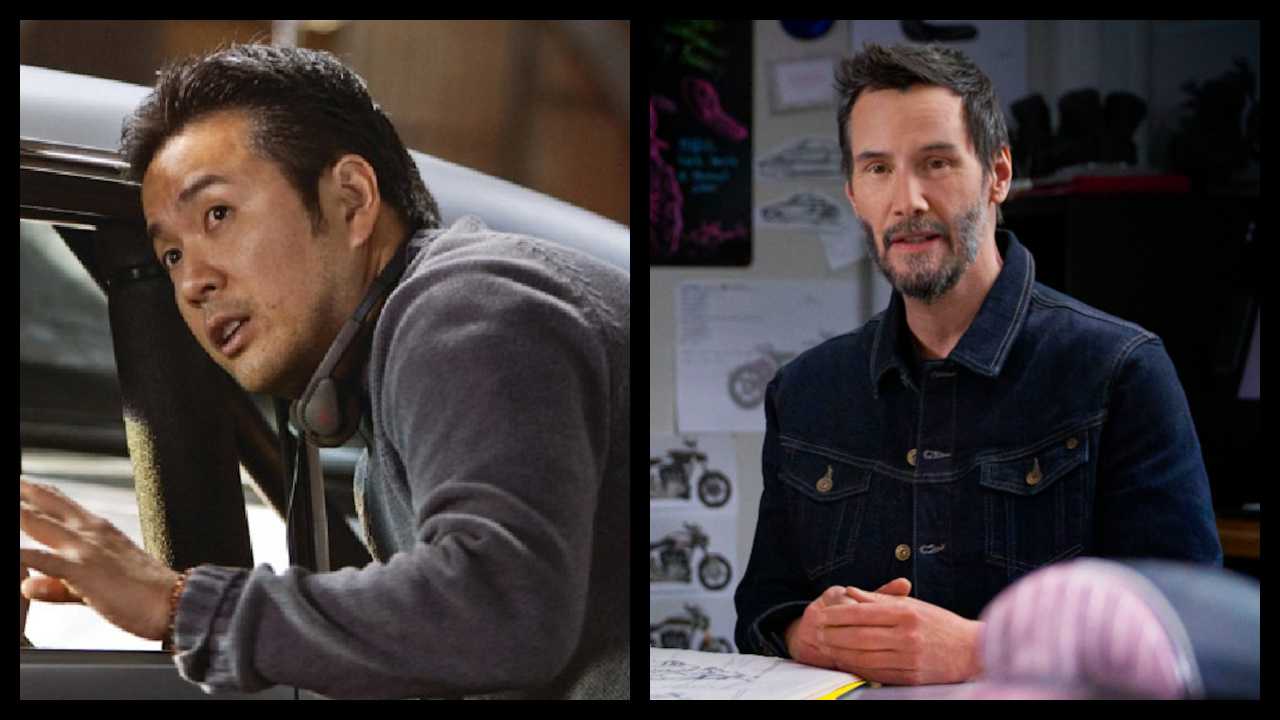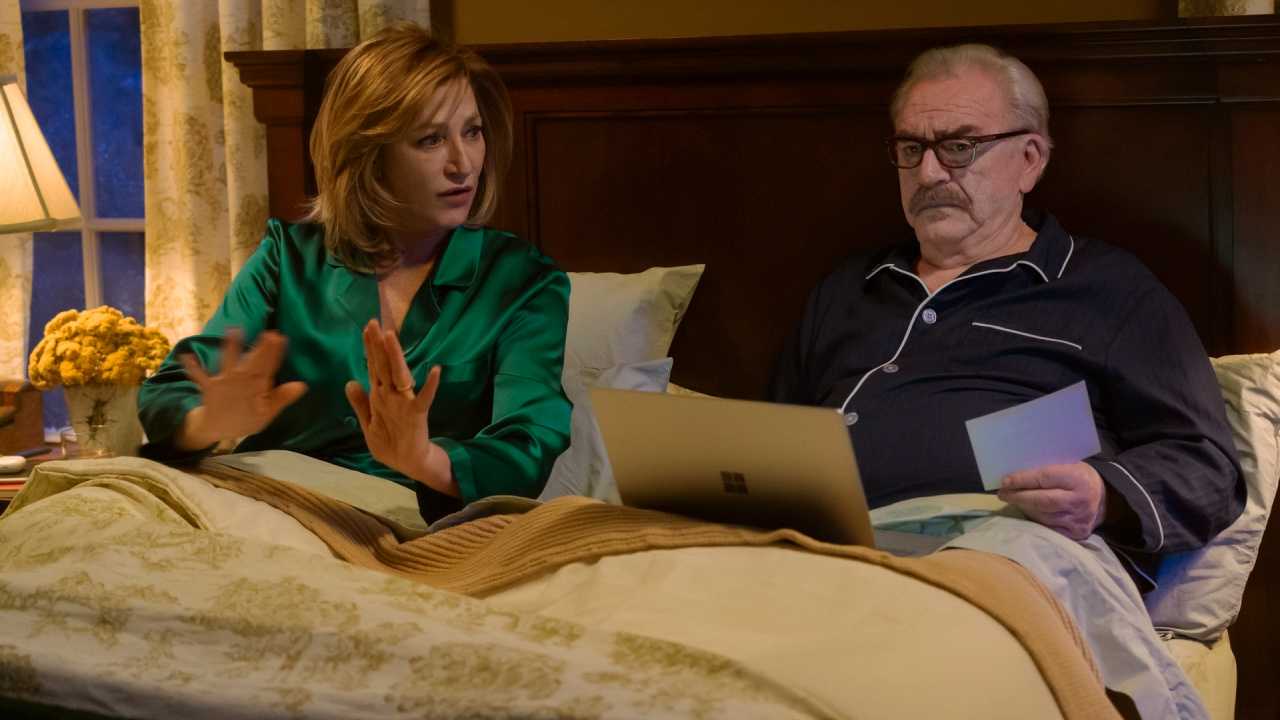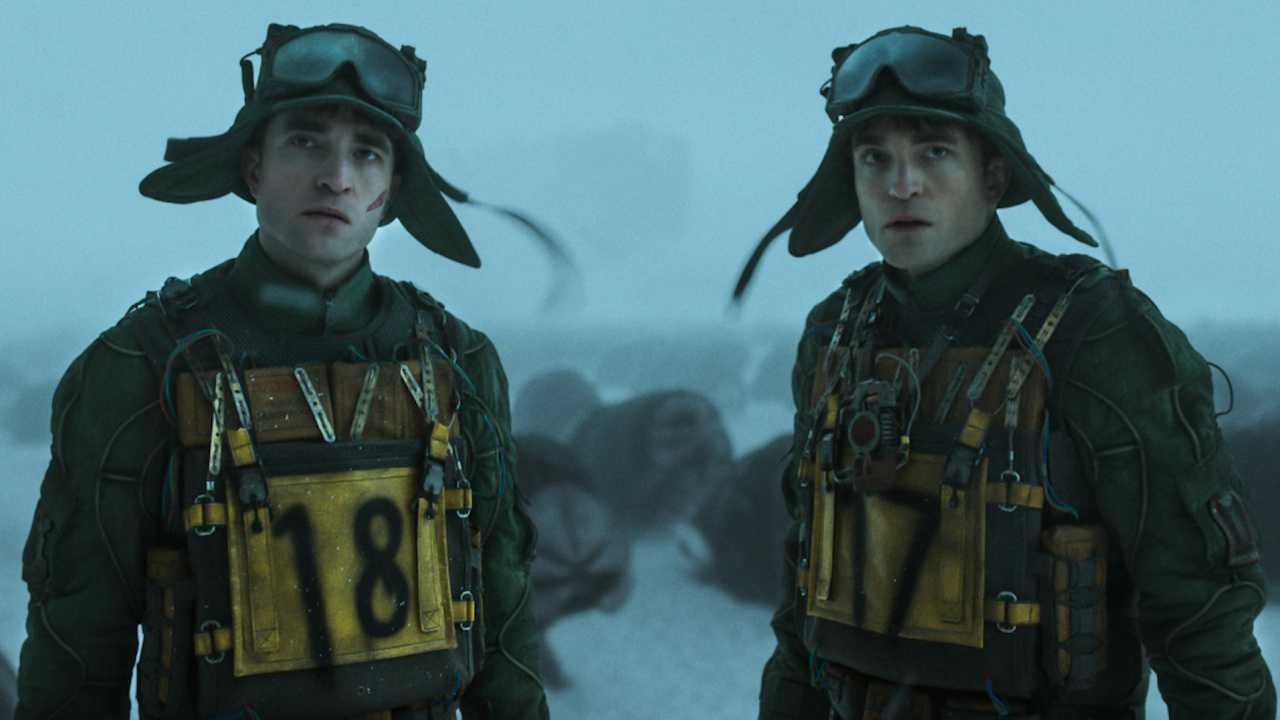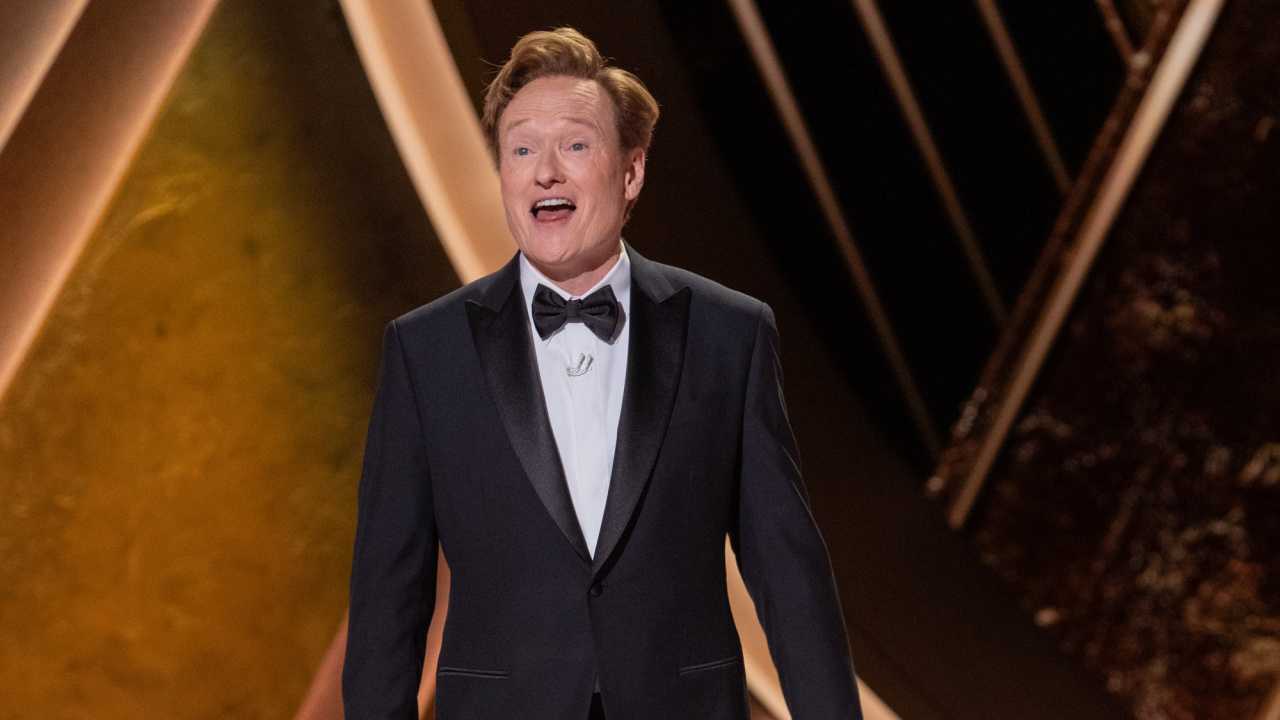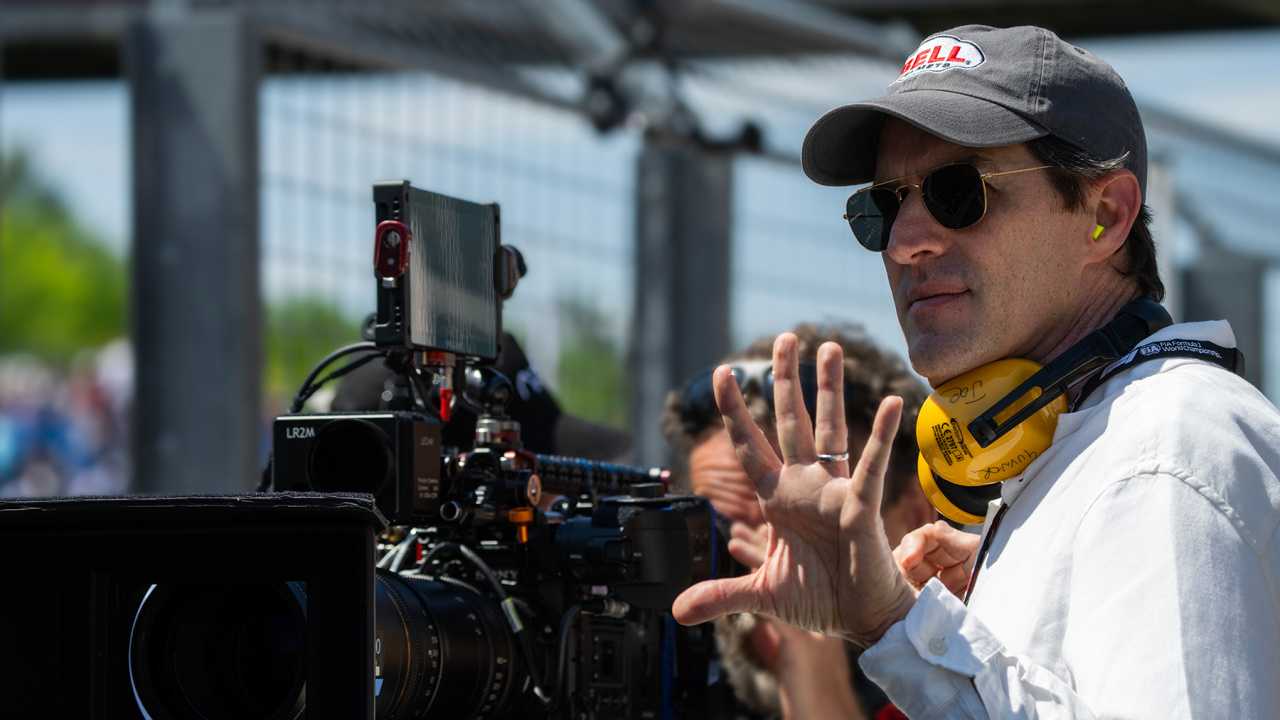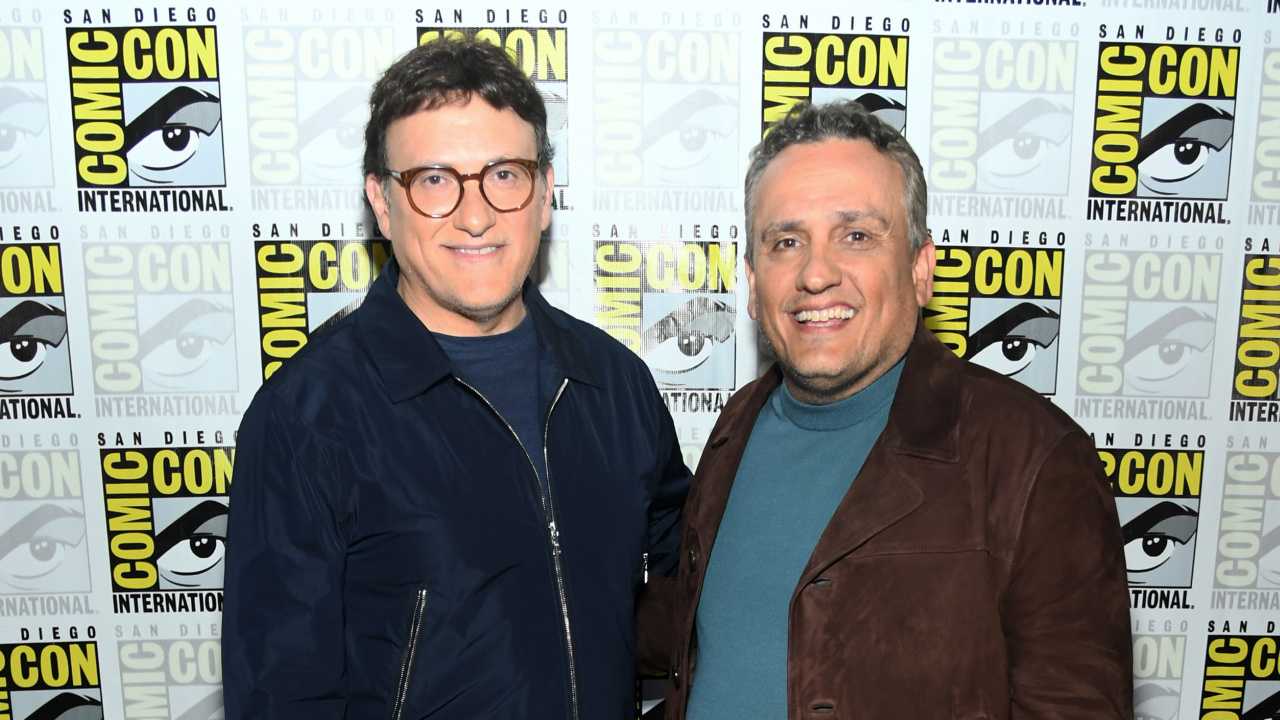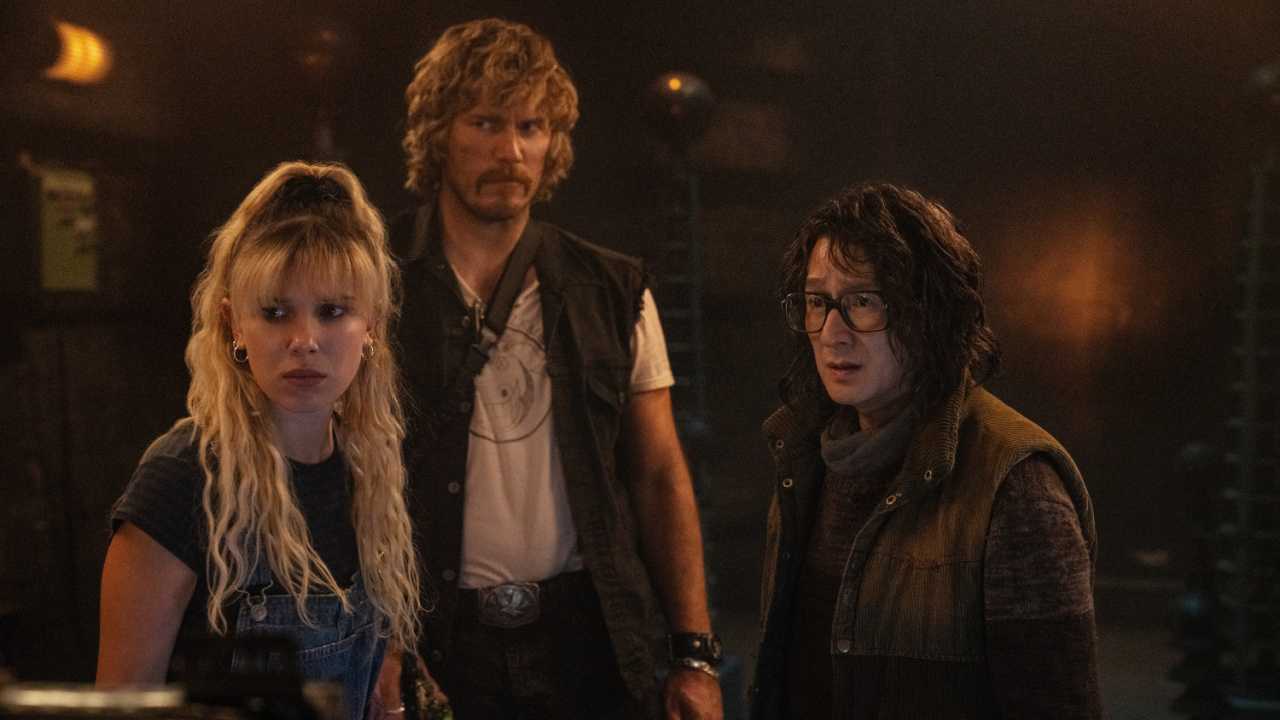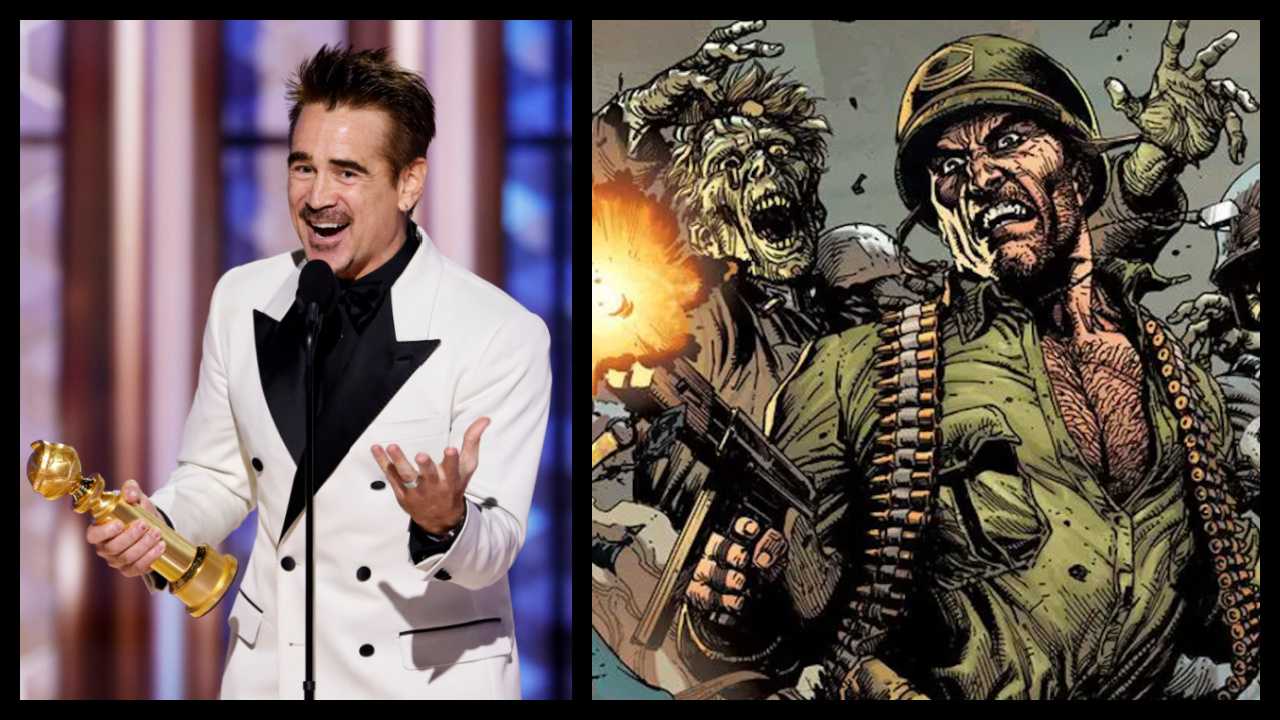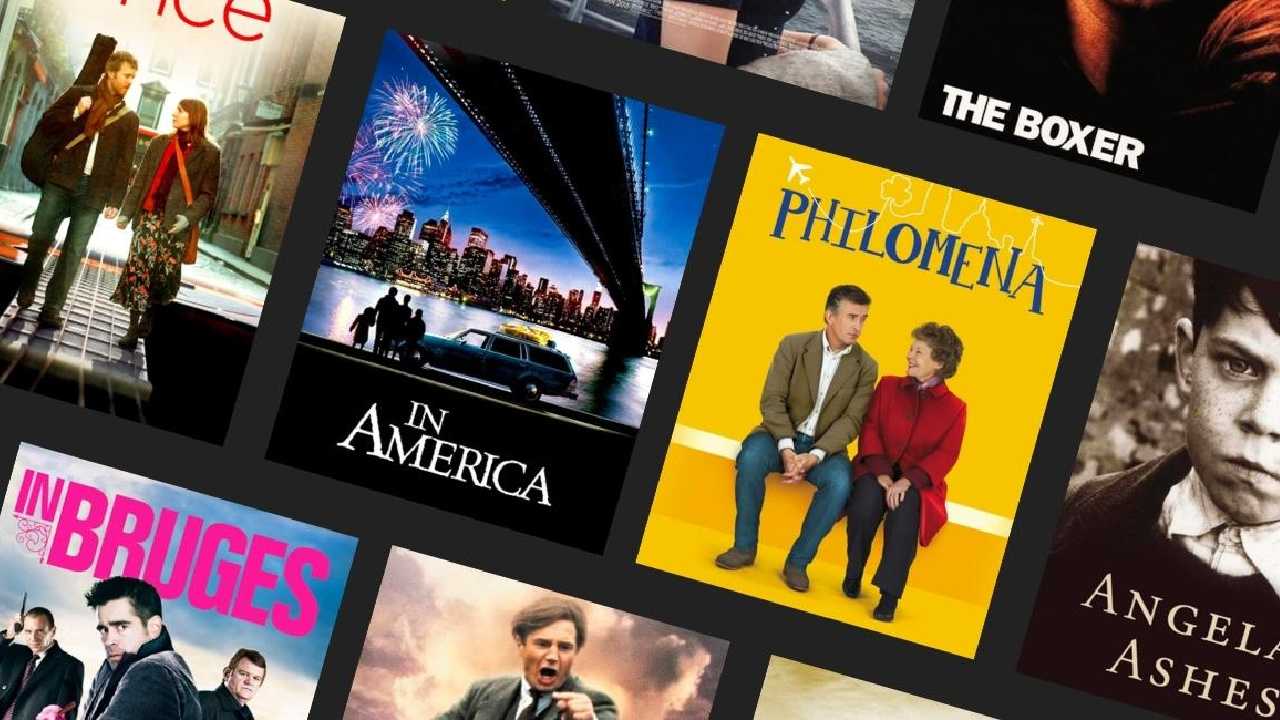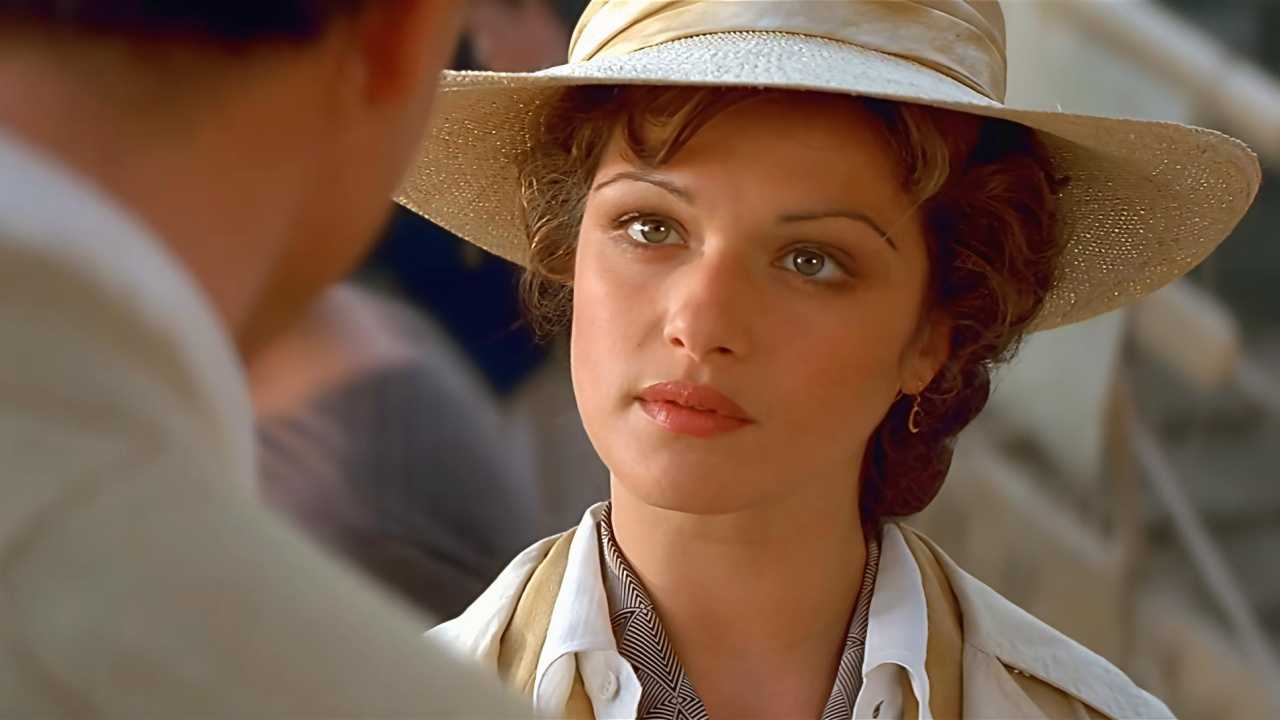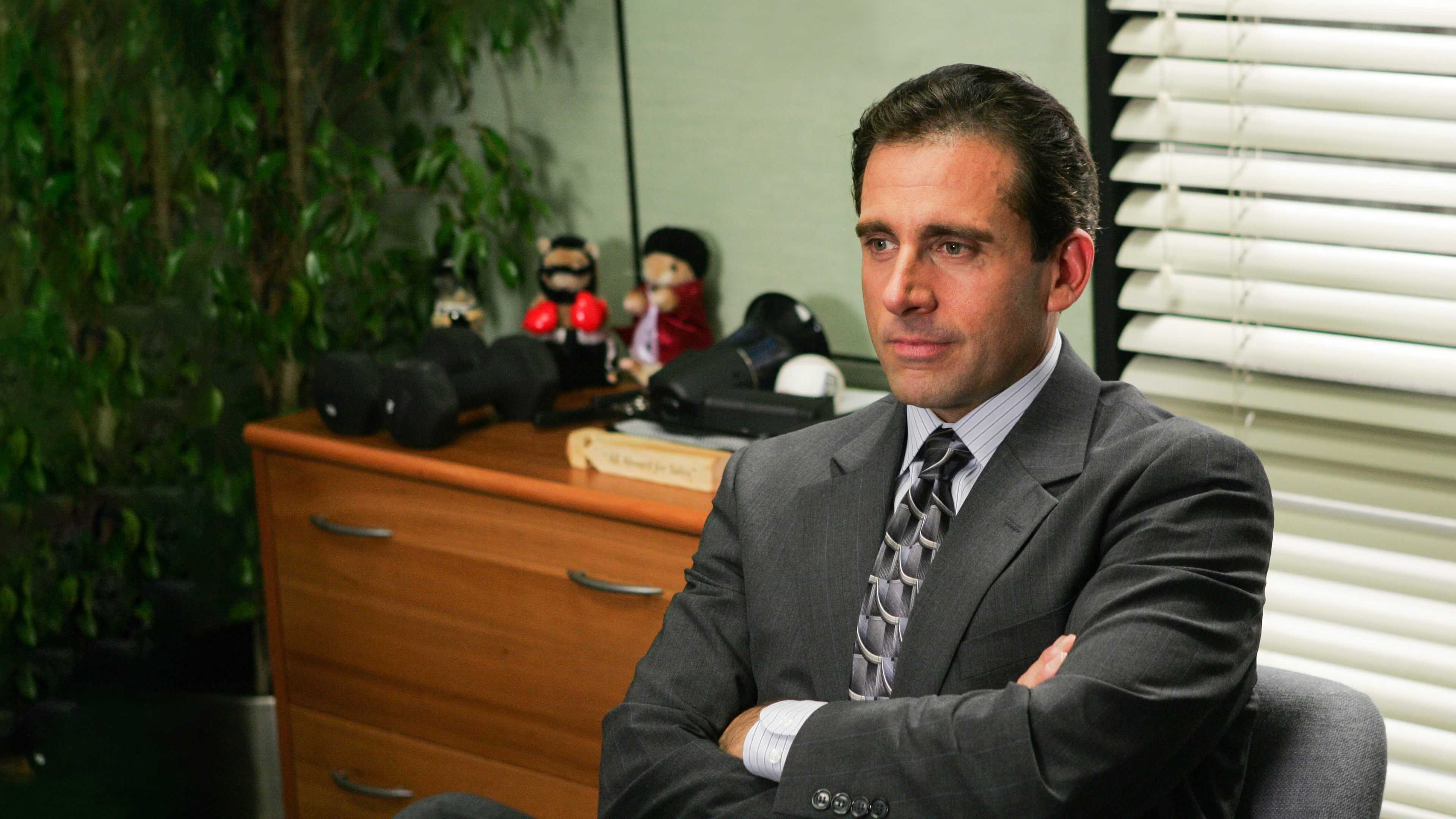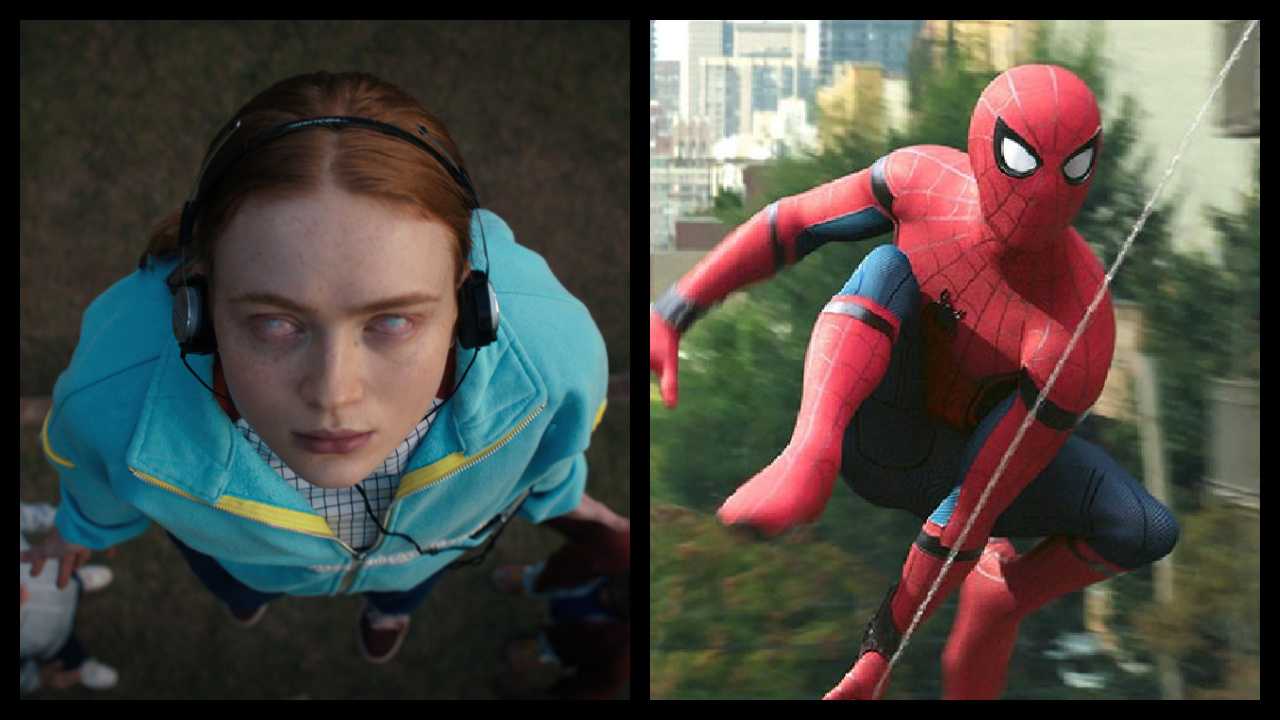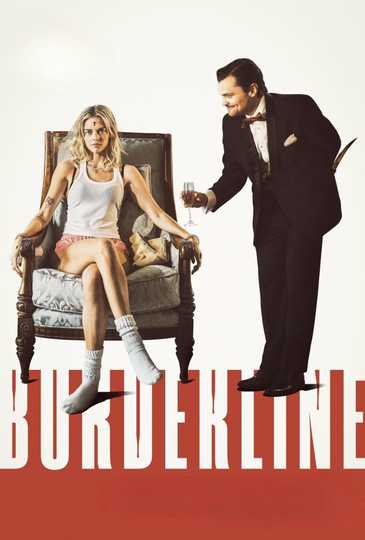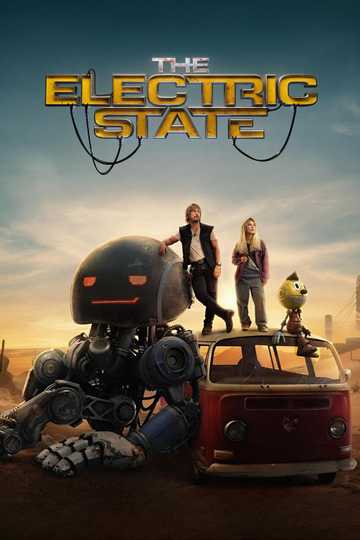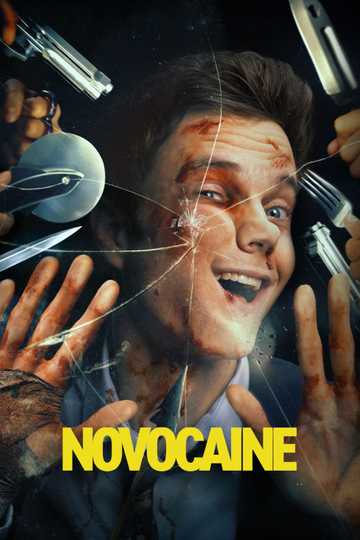Every Cameron Crowe Movie, Ranked
There are few contemporary filmmakers who have more successfully helped audiences navigate the treacherous waters of relationships than Cameron Crowe. After his illustrious time as a teenage reporter for Rolling Stone, Crowe began his career as a social documentarian of sorts -- going undercover to report on the life of the modern teenager -- where he seemed to learn quickly about the journeys that are common to adolescents. But each of his subsequent films has showcased not only his own maturity as a filmmaker, but that of viewers growing up with his films. Crowe became a chronicler, and a guide, for life’s twists and turns, imparting important life lessons via vivid, specific stories that are emotionally powerful and deeply relatable. To commemorate his 62nd birthday on July 13, Moviefone takes a look back at his body of work, ranking his various film projects as portraits, some more successful than others, of life’s big and little changes and how best to process and transcend them. (Crowe's Elton John-Leon Russell documentary "The Union" is excluded from this list because it is currently unavailable to stream anywhere. Hopefully that'll change)
11. “Aloha” (2015)
Despite featuring a lead character whose last name is very similar to this author’s, Crowe’s most recent big-screen effort proved to be his least effective. From its woeful but well-intentioned cultural representation (Emma Stone as half-Hawaiian Allison Ng) to its half-baked romance between Ng and military contractor Brian Gilcrest (Bradley Cooper) to its sociopolitical maneuvering (its climax involves a missile strike), this emotionally underwhelming dramedy (a passion project for the filmmaker that for many years existed under the title "Deep Tiki") assembles a lot of intriguing pieces that never quite fit together.
10. “Elizabethtown” (2005)
There are so, so many individual parts that work in this 2005 drama about failed sneaker designer Drew Baylor (Orlando Bloom), his father’s funeral, and Claire (Kirsten Dunst), the flight attendant so perky that she inspired the movie trope Manic Pixie Dream Girl, that it comes as no small heartbreak that they don’t add up to a truly special whole, undone by a repetitive story and some very bad casting decisions (Bloom might be many things but a romantic comedy lead is not one of them). But Crowe’s gifts for weaving moments of magical humanism remain sharp even if they aren’t as focused as in previous years.
9. “We Bought A Zoo” (2011)
Based on the real-life memoir by Benjamin Mee, Crowe’s second meditation on grief and redemption is slightly more grounded than the first, but it still involves a dad (Matt Damon) who randomly decides to purchase and try and run a zoo in the wake of his wife’s death. He finds a budding new romance with a comely, very receptive young woman (Scarlett Johansson). While some of the idiosyncrasies of the plot are of course excusable because they actually happened, again Crowe doesn’t quite synthesize his story’s darker themes with his more whimsical ones, although the score by Sigur Ros mainstay Jonsi is genuinely lovely.
8. “The Wild Life” (1984)
Directed by Art Linson (“Where The Buffalo Roam”), this Crowe script marked his first original work after “Fast Times,” and it was a thoughtful if somewhat predictable comedy about postgraduate teens finding their way through life and love after high school. Better known as the show of promise that led James L. Brooks to bankroll his first directorial effort than as an especially memorable ‘80s teen film, it manages to offer some nice grace notes to a genre that wasn’t often marked by anything original, much less sensitive.
7. “Vanilla Sky” (2001)
Hot off of the tremendous success (critical, if not commercial) of “Almost Famous,” Crowe reunited with his “Jerry Maguire” star Tom Cruise for this English-language reimagining of the Spanish film “Abre Los Ojos,” in which then up-and-comer Penelope Cruz would reprise her role from the original. Unfortunately, much of the dreamlike magic of the original is lost in translation, although again he conjures some truly unique moments on screen -- including shots of Cruise running through a completely empty New York City -- and the chemistry between Cruise and Cruz is absolutely undeniable.
6. “Pearl Jam Twenty” (2011)
Crowe returned to the music-oriented material that dominated much of his journalism career and ventured into documentary filmmaking in the last decade with this retrospective portrait of Pearl Jam’s debut album and the unconventional career that evolved for the band from that early, potentially overwhelming success. Bereft of too much drama -- which the band seemed to have relatively little of -- it feels less like a tell-all than a victory lap, but anyone who came up in the era of grunge will find plenty to entertain them.
5. “Singles” (1992)
After “Say Anything…,” Crowe evidenced his willingness to grow up on screen both as a storyteller and via his characters with this drama about young Seattle professionals at the time when alternative music was exploding into the mainstream. Kyra Sedgwick and Campbell Scott pay two lovers trying to work through their own anxieties and insecurities in order to be partners for one another, while grunge luminaries pepper the background of scenes to give the film prescient authority about a pivotal musical and cultural moment.
4. “Jerry Maguire” (1996)
Crowe’s biggest box office success came with this Billy Wilder-influenced story about a failed sports agent who develops a debilitating conscience in an industry without one . The romance between Tom Cruise’s title character and his secretary Dorothy (Renee Zellweger, breaking through in a big way) is sometimes a little uneven, even bordering on disastrous, but the fact that the movie knows that it’s borderline disastrous -- and errs on the side of hope rather than convenient happiness -- is what makes this story such an inspiring and romantic crowd-pleaser. Crowe's entire career has always walked that fine line between genuine and saccharine and here that line is razor-thin.
3. “Say Anything...” (1989)
Working with James J. Brooks (“Terms of Endearment”) in his corner, Crowe wrote and directed this great little movie about aspiring kickboxer Lloyd Dobler (John Cusack in a star-making role) and the overachieving classmate (Ione Skye) he falls in love with. Crowe absolutely perfectly captures the awkward and delightful little moments of discovery between two people learning how to love one another, while also expertly chronicling that tough moment between school and adulthood where every choice feels like a life-changing moment.
2. “Fast Times at Ridgemont High” (1982)
Directed by Amy Heckerling in her own feature debut, Crowe’s adaptation of his own captures the fun, silliness and pain of high school via a colorful cast of characters based on the real students he went to school with while undercover in San Diego for Rolling Stone. An uncommonly serious and sensitive depiction of pivotal adolescent moments, including first jobs, class struggles and sex, Crowe’s writing offers what has become a familiar outlook for him about his subjects (one of ultimate hope) without shying away from tougher topics like heartbreak and failure as the characters embark on adulthood. How many abortions have been depicted on screen in the years since, especially in what was ostensibly a wacky teen comedy? Exactly.
1. “Almost Famous” (2000)
Crowe deservedly won an Academy Award for Best Original Screenplay for this semi-autobiographical account of the former reporter’s earliest days working for Rolling Stone magazine. Dealing with an unrequited crush on Penny Lane (Kate Hudson in a role that broke out another promising actress) while trying to navigate the vagaries of reporting on bands that he once idolized, the filmmaker’s stand-in William Miller (Patrick Fugit) piercingly captures the optimism, dashed hopes, heartbreak and advancing maturity of a young man forced to grow up faster than he’s ready. Teaching us that “honest and unmerciful” is the best way to go through life, Crowe reminds audiences what it’s like to be young, and how to grow older with grace and sensitivity.

